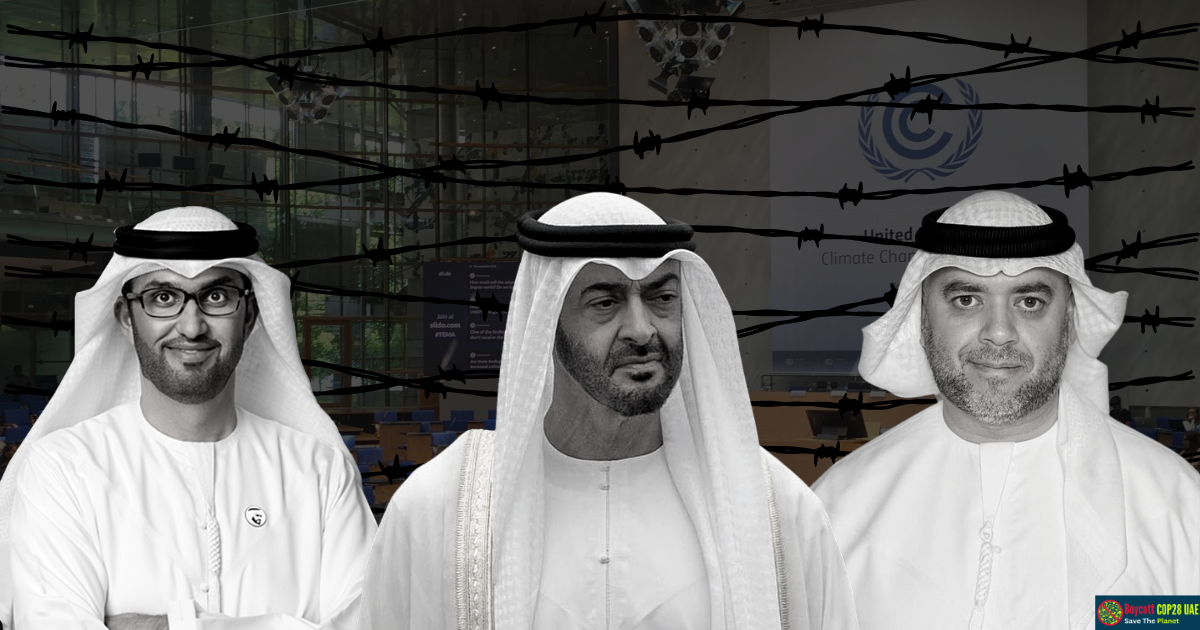Next Monday, 5 June, the Bonn Climate Change Conference (SB58) will commence, aiming to prepare decisions for adoption at COP28 in the United Arab Emirates in December. Following the mandates established during COP27 in Egypt the previous year, this conference will host the 58th session of the UNFCCC subsidiary bodies, featuring numerous events and continuing discussions on critical issues. The Bonn Conference will primarily focus on technical details that will inform discussions at COP28, which is scheduled to take place in the United Arab Emirates in December 2023. Key topics of discussion will include the global stocktake, the global goal on adaptation, the just transition to sustainable societies, the mitigation work programme, and notably, the issue of loss and damage.
However, concerns have been raised regarding the discussion and progress on the loss and damage fund, as it is believed that the conference may be influenced by the fossil fuel industry. Additionally, there are allegations that COP28, which is led by Sultan al Jaber, an oil industry figure, could be influenced by his affiliations and interests in the oil sector. These factors raise doubts about the effectiveness and impartiality of the discussions and decision-making processes surrounding the issue of loss and damage.
During the COP27 Summit held last year, participating nations made commitments to establish a fund dedicated to addressing the impacts of climate change, commonly referred to as the “loss and damage” fund. However, unless immediate action is taken to operationalize the fund and give priority to addressing loss and damage in global climate decision-making, these pledges will remain mere empty rhetoric. The reality is that loss and damage resulting from climate change is already affecting numerous communities, particularly marginalized groups who bear the brunt of its consequences. Furthermore, it appears that the Bonn Conference will not facilitate meaningful discussions on loss and damage, as it is believed to be heavily influenced by the fossil fuel lobby. Additionally, COP28, led by Sultan Jaber, an influential figure in the oil industry, raises concerns about the impartiality and effectiveness of addressing the issue of loss and damage within the conference.
SB58 will address various aspects related to Loss and Damage, including discussions on the Santiago Network for Loss and Damage (SNLD), the Global Stocktake of the Paris Agreement (GST), the New Collective Quantified Goal on climate finance (NCQG), and the Second Glasgow Dialogue on Loss and Damage. These discussions will contribute to the work of the Transitional Committee and need serious discussion and action, which aims to provide recommendations on the Loss and Damage Fund and Funding arrangements at COP28. However, the influence of the fossil fuel lobby has been raised within the UNFCCC. There are increasing calls for the removal of the oil industry figure from the presidency of COP28. Unfortunately, the Bonn Climate Summit 2023 may not see significant progress or negotiations regarding Loss and Damage, as it appears to be overshadowed by the leadership of the COP28 Oil Boss.
The impacts of climate change have global repercussions, yet it is often the individuals and communities who have contributed the least to greenhouse gas emissions that bear the brunt of the crisis. Devastating events such as floods, droughts, and heatwaves are causing the destruction of homes, displacing people, and exacerbating poverty for millions. However, concerns arise when the climate conference appears to be influenced by the oil industry, and COP28 is led by an individual associated with the fossil fuel sector, such as Sultan Ali Jaber. Under these circumstances, there are legitimate doubts about whether these events will genuinely prioritize climate action or instead serve the interests of the fossil fuel industry.






